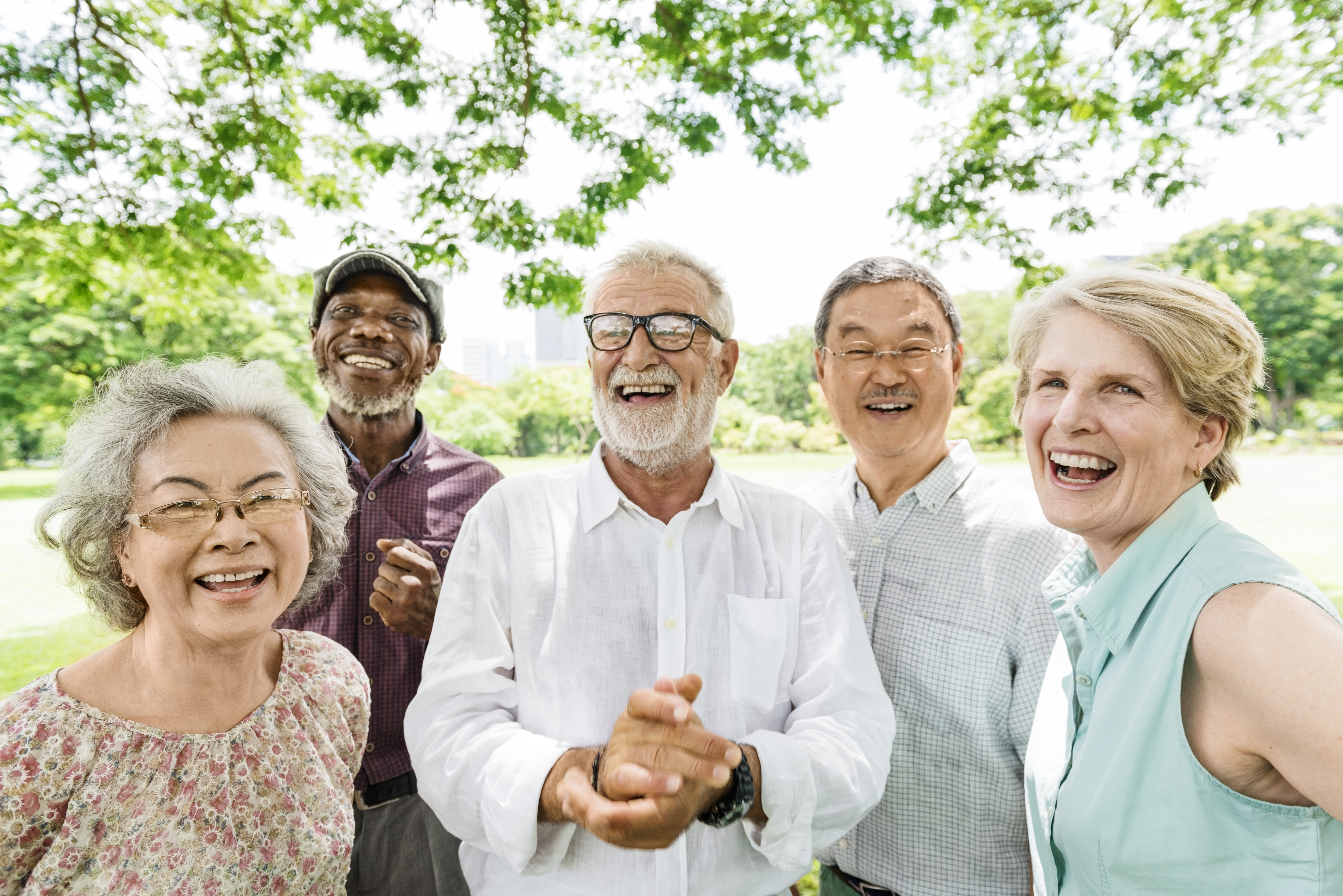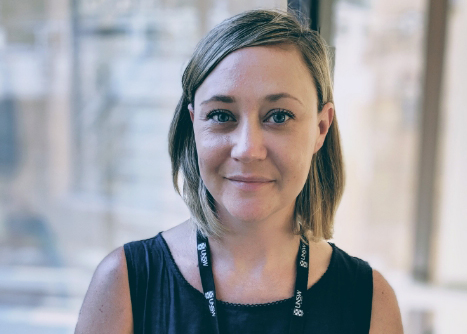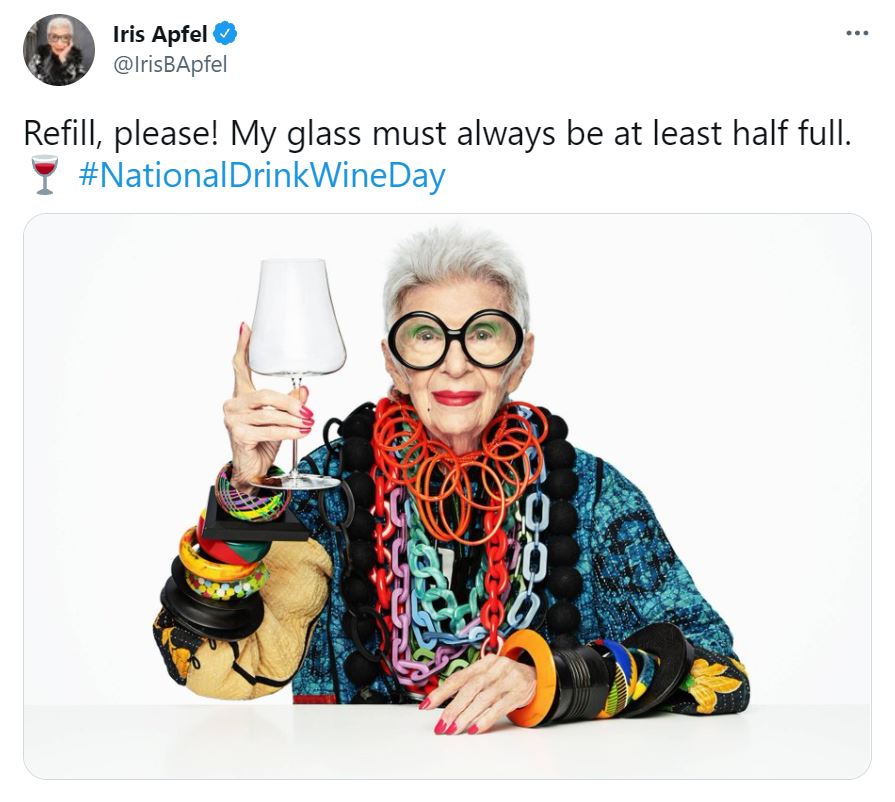01 Oct 2021

In 1990 the UN established the 1st of October as the International Day of Older Persons. Since then, this day has acted as a reminder that older people must be granted the opportunity to play an active role in society, more so as the number of people over 60 is expected to reach 1 in 5 by 2050. The 2021 theme “Digital Equity for All Ages” predicates the need for access and inclusivity in the digital world so that older adults can meaningfully participate in our increasingly technology-driven world.
Postdoctoral Research Fellow at the Centre for Healthy Brain Ageing (CHeBA), Dr Katya Numbers, is a passionate advocate against ageism. This includes bringing awareness to the importance of digital inclusion of older persons, by acknowledging the current “Tech Divide” that exists, which is based on outdated stereotypes that older adults cannot, do not, and will not use technology. These notions are antiquated and untrue and only further propagate negative stereotypes about ageing.
Indeed, older adults are embracing technology more than ever. According to the Pew Research Centre, roughly 73% of adults over the age of 65 use the internet in 2021 – this is up from only 14% in 2000! However, despite the fact that many older people own laptops, smartphones and tablets, research also suggests that there is less confidence about using technology in this group. So, apparently the issue is not owning them, but rather confidence in using them.
And often that's because there is no input from older adults on their design. Researchers suggests a key barrier to wider adoption of technology by older adults is the “top-down” design process that is often used in creating technology for them. Essentially, technology is designed by people who think they know what older adults want or need with little consideration of actual users’ perspectives and preferences or their real-world constraints.
And though aware of this shortcoming, few tech companies have actually addressed user-related issues when rolling out new applications or devices by engaging older users in the design process. This goes back to stereotypes that “older adults cannot and will not use my product, so why design for them?” The World Health Organization (WHO) has initiated a movement to establish age-friendly communities as it anticipates the increasing number of older adults – one of their recommendations includes consulting older adults about the technologies that might accompany those communities.
On the 21st International Day of Older Persons, let’s acknowledge ageism and digital discrimination by challenging outdated stereotypes of older adults’ willingness and ability to use technology. Let’s urge companies to consider the 600 million people living in the world who are over 65 and who are currently being overlooked and underrepresented in this field. Finally, let us celebrate some scientifically proven benefits of ageing.

A person born today is expected to live, on average, 34 years longer than their great-grandparents. This is an entire second adult lifetime added to their lifetime. Yet, amid this so-called “longevity revolution”, a great irony exists. Most people want to live longer, but most people do not want to be old. Reviews of the literature suggest that, globally, negative attitudes towards ageing are endemic from children to older adults. This is important because how we feel about getting older – both before and during our older years – impacts our mental, physical, and cognitive health as we age. Studies show that people with more negative attitudes towards ageing in their 30’s and 40’s are more likely to develop depression, cardiovascular disorders, and Alzheimer’s disease in their 70’s and 80’s. In light of the far-reaching effects of ageist beliefs, its is important to acknowledge, promote and internalise the many positive benefits of growing older. Out of many here are just four - scientifically proven - benefits of ageing:
You’ll be happier.
As it turns out, most grumpy old people used to be grumpy young people. Despite popular beliefs that older people are more depressed and anxious, research shows that we become more emotionally stable and content as we age. The “positivity bias” has been observed in both the lab and in the ‘wild’, meaning older adults are more likely to attend to and remember positive information than younger adults. Older adults also have better emotional regulation and can recover from negative events faster than younger adults. In short, negative emotions tend to mellow with age while happiness increases.
You’ll be wiser.
Scientists used to think that we lose a significant number of our brain cells as we age, but more sophisticated scans have debunked that theory. We now know that our cognitive peak is between the ages of 40 and 68. Through the years, our brains build up connections and recognise patterns, which means we’re better problem-solvers and can more quickly get the gist of an argument. In short, we become better at knowing what we know (i.e., crystalised intelligence), as we age. This, along with vocabulary, IQ, and ‘wisdom skills’, significantly increase as we get older, and indeed, older adults frequently outperform younger adults on tests of wisdom and semantic knowledge.
You’ll be more confident.
Self-esteem soars as you age, studies show, and increases with wealth, education, good health, and employment. Further, the old adage is true – age brings wisdom, which in turn leads to more confidence. Why? Because we accumulate many experiences as we journey through life and our life lessons are powerful tools to draw from to make future decisions. Research shows that despite experiencing ageism, the majority of older adults report feeling more comfortable being themselves as they have got older (88%) and have a particularly strong sense of purpose (80%).
You’ll be more satisfied.
Older adults also engage in less upward social comparison (e.g., “keeping up with the Joneses”) compared to younger adults, with studies showing that two in three older adults report their feelings toward ageing have become more positive (67%), and that their life is better than they thought it would be (65%). Older adults typically have a smaller but closer circle of friends than younger adults because they focus more time on close friends and family members who are important for their emotional bonds. Married older adults also report greater satisfaction and more positive experience with their mates than younger married couples do, even when they quarrel. One reason may be that appreciation of people increases over time and we learn not to sweat the small stuff.
Find out more about International Day of Older Persons here

